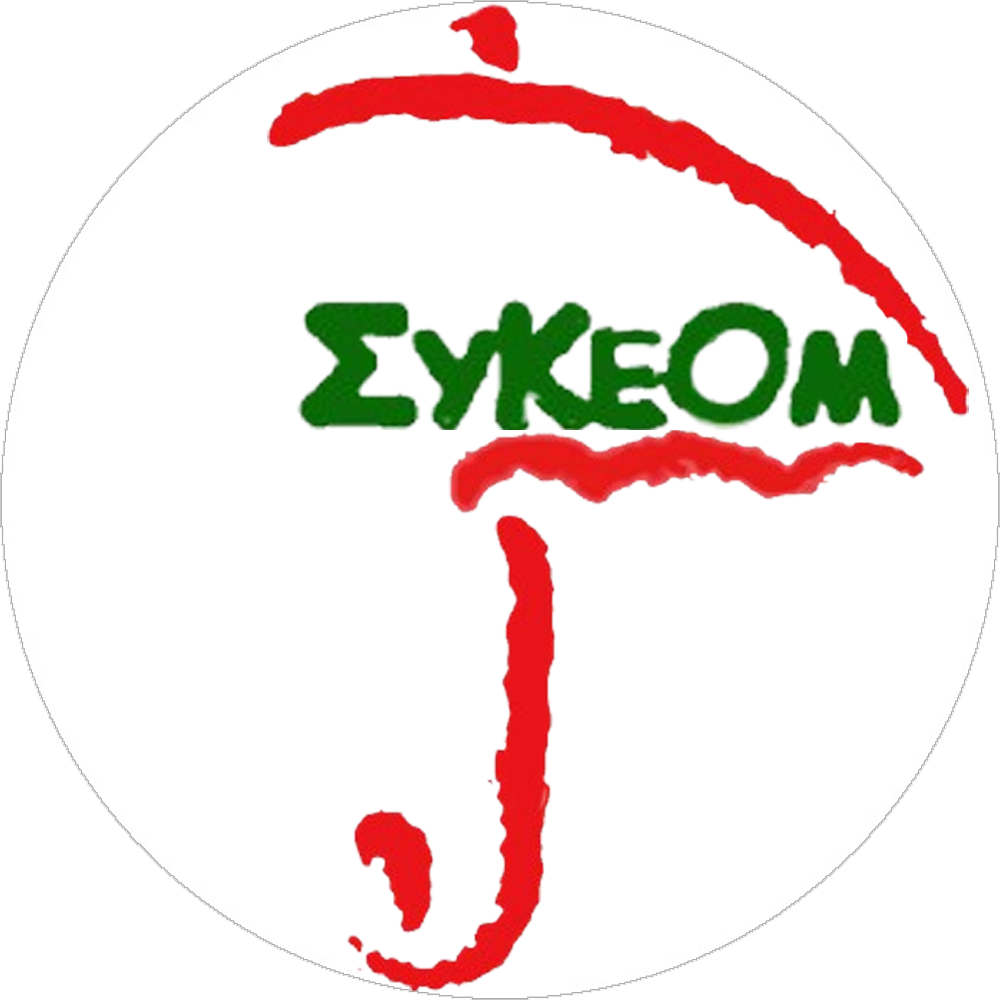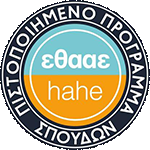
Basic Information:
Title: Assistant professor
Area of Specialization: Science education
Contact details:
Phone No: +30-210-3688521 Fax:+30-210-3688057
E-mail: ppantidos@ecd.uoa.gr
| Office hours: | Announced in the beginning of each semester |
| Contact address: | National and Kapodistrian University of Athens, Department of Early Childhood Education Navarinou 13A, 10680, Athens |
| Education |
|
|
Research interests |
|
|
Courses and Seminars |
Undergraduate
|
|
Selected Publications
|


